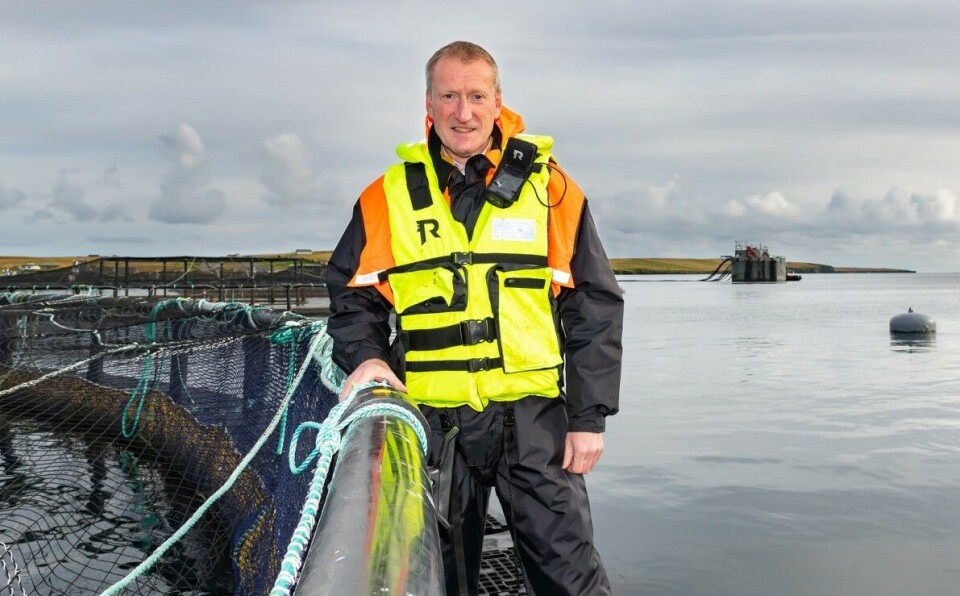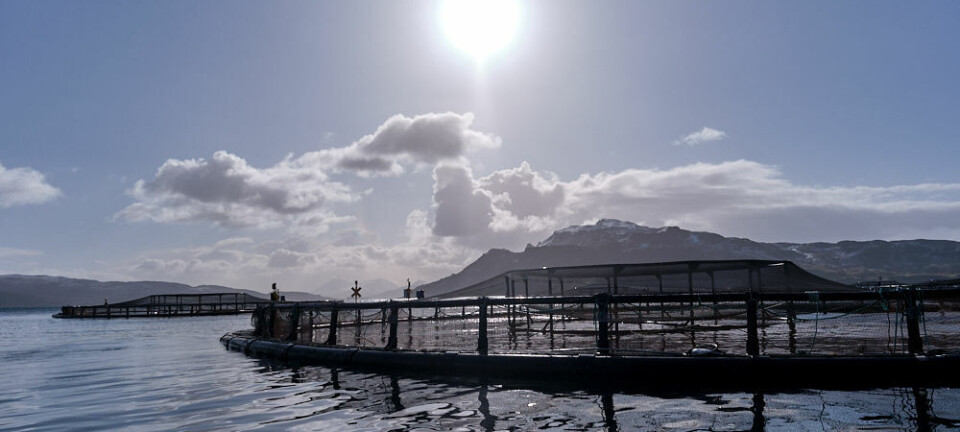
Scottish salmon mortality fell by more than a third last year
Trade body reveals encouraging statistics in stinging letter to Holyrood committee convener
The mortality level of farmed Scottish salmon fell by more than a third last year, trade body Salmon Scotland has revealed.
In 2024, survival across all marine farms was 82.3% (a mortality percentage of 17.7%). This represents an improvement of 10 percentage points – or 36% - compared to 2023, when survival was 72.3%.
The figures are included in an open letter from Salmon Scotland chief executive Tavish Scott to MSP Finlay Carson, convener of the Scottish Parliament’s Rural Affairs and Islands Committee (RAIC) which held an inquiry into the sector last year and recently published a long list of recommendations for the Scottish Government.
Emphasis on mortality
The Salmon Scotland CEO pointed out that there had been considerable emphasis on salmon mortality during the inquiry.
“We have been open and transparent about specific challenges we faced in recent years, such as a spike in water temperature and the subsequent increase in harmful plankton and jellyfish. We also explained during our committee evidence session and through the publication of our Fish Health Plan, how our sector has overcome previous challenges through research and investment and continues to do so,” wrote Scott.
He added that the improvement in survival “is testament to the hard work of Scotland’s 2,500 salmon farmers, who work tirelessly in some of Scotland’s most isolated, coastal and island communities, as well as the 10,000 people supporting our farmers through the supply chain. It has also been possible due to significant investment by salmon farming businesses, with nearly £1 billion invested in fish health and welfare since 2018.”
Good work 'not reflected' in report
Scott said the RAIC was made aware of ongoing improvements in fish survival prior to concluding its work. “It is unfortunate that these facts were not reflected in the final report and its recommendations. Given these updated figures the RAIC report published last month is already out of date,” he wrote.
“While the committee’s decision to focus considerable attention on survival is not unexpected, the overall approach taken, and the lack of balance in how survival was considered, was extremely disappointing.
“Comparisons were, and are, regularly made with other livestock sectors, without acknowledging the clear biological differences between fish and land animals - differences that mean direct comparisons are in no way appropriate.”
Treated differently
Scott drew attention to an increase in cases of avian flu in the UK, which has resulted in millions of farmed chickens and turkeys being culled, and a significant outbreak of Foot and Mouth Disease in Germany.
“These situations, rightly, trigger widespread calls for governmental support and funding. No such calls can be heard from politicians or parliamentary committees when salmon farmers experience challenges to the health of their stocks. Far from receiving calls for government and regulatory support, our sector endures continual criticism and a ratchetting of regulatory controls. All farmers, whether on land or at sea, work to produce nutritious, healthy and sustainable food for consumers. From time to time, we all experience challenges that are beyond our control. Elected representatives need to recognise all modes of food production, in a fair and balanced manner.
“We will consider the RAIC reports recommendations and write to your committee in due course. However, we note that as with the 2018 parliamentary RECC (Rural Economy and Connectivity Committee) inquiry, rather than providing a focused suite of proactive recommendations that will help streamline regulatory oversight to support our sustainable development into the future, RAIC has produced an extensive set of recommendations, many of which will add further regulatory complexity and burden on salmon farmers. Such an approach will hinder one of Scotland and the UK’s leading food production sectors.”
























































